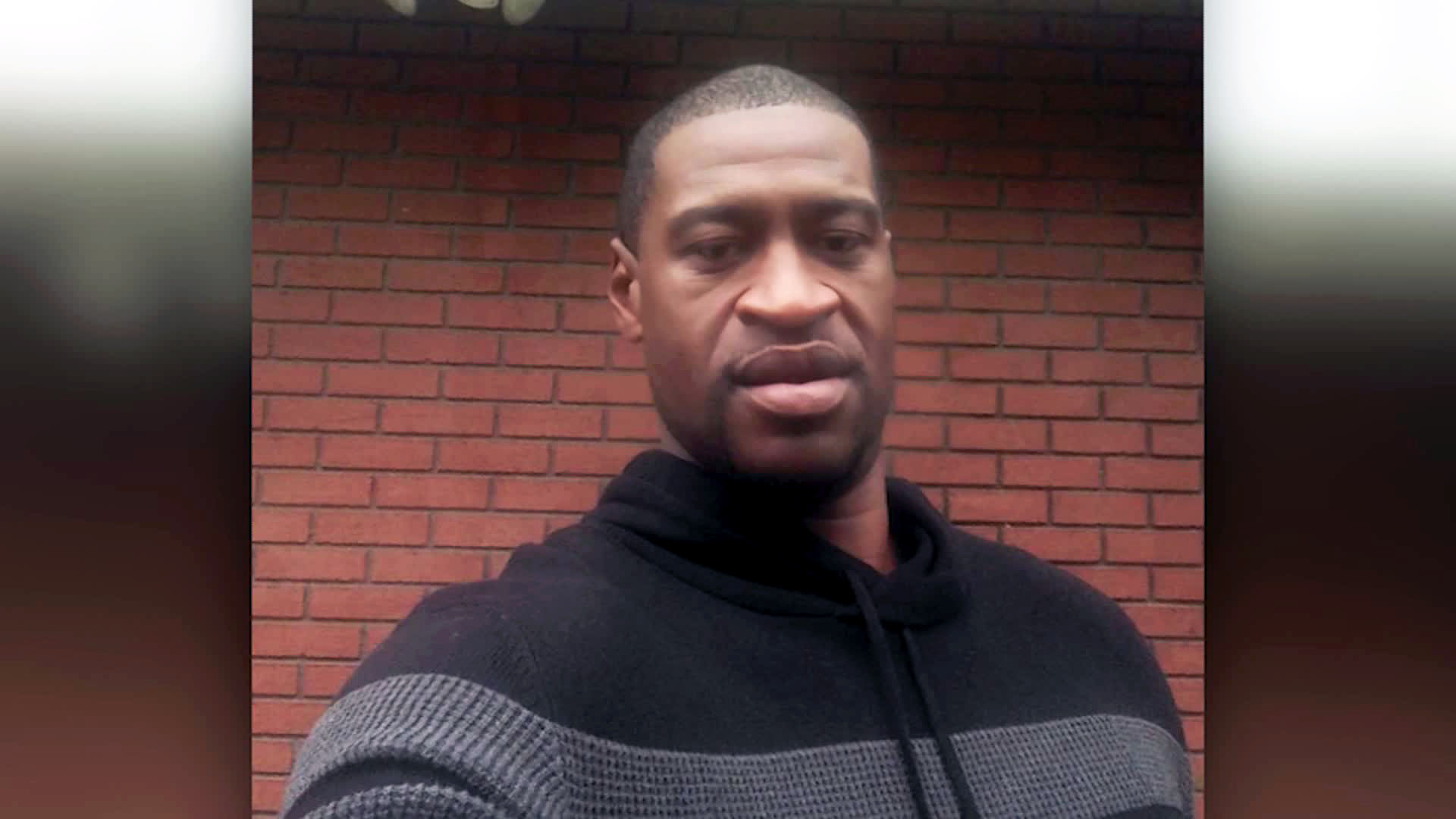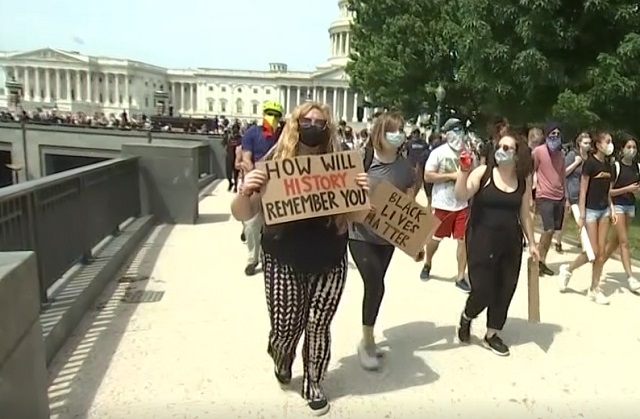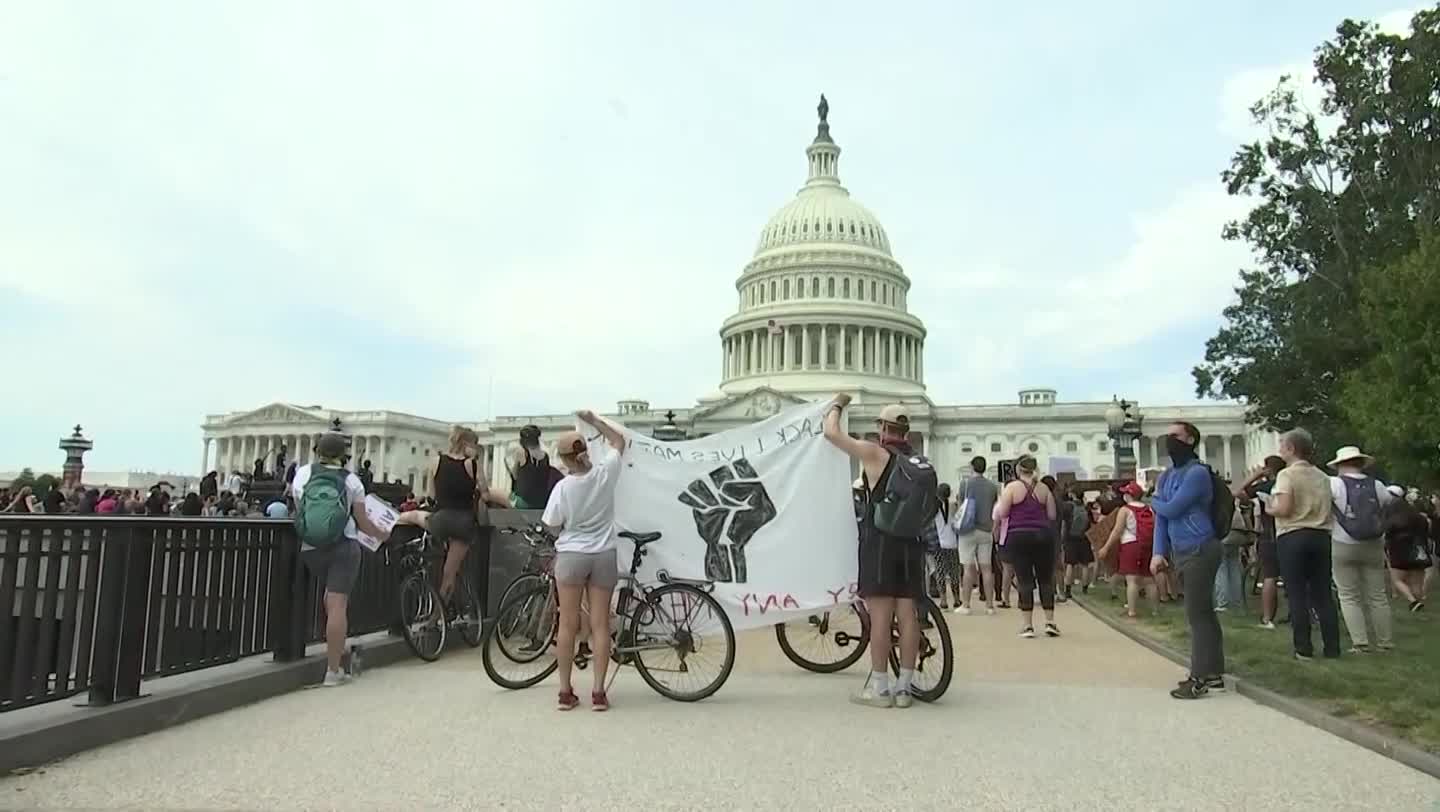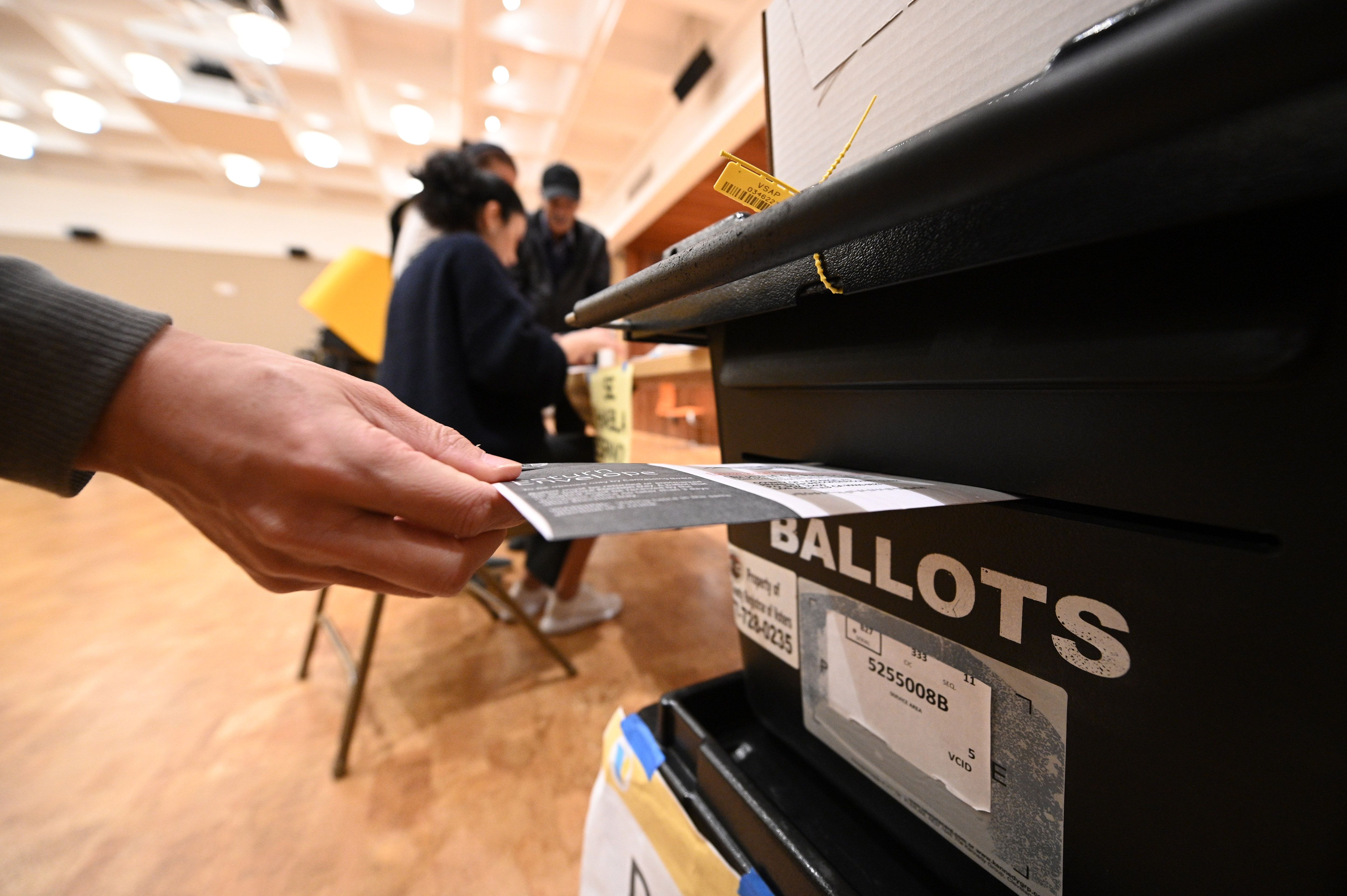A defense attorney is asking a gag order to be lifted in the OSU Homecoming tragedy case.
The order prevents anyone involved with the case from speaking to media.
It was October 24th, 2015 when a car crashed into a crowd at the parade.
Four people were killed, and dozens of others were injured.
The suspect, 25-year-old Adacia Chambers, is now at a mental facility in Vinita.
Her family spoke to media days following the crash but, on November 9th, the judge issued a gag order.
“It would be speculation, but I believe the judge just felt the enormous amount of publicity that he didn’t want the possible jury pool to be tainted by all of he information that was coming out,” said Ed Blau, a legal analyst.
In a 19-page motion filed by Chambers’ attorney Tony Coleman on Tuesday, he states why he disagrees with the gag order.
He argues it was “entered without allowing a response from defendant.”
“In this particular case, the state of Oklahoma filed a motion to enforce or to put a gag order in place, and the judge granted it without the defense being able to respond,” Blau said.
Coleman also states it is “overbroad” and “does not reflect ‘who’ has been gagged, ‘what’ has been prohibited, and ‘why’ such a gag order was necessary.”
Then, in bold, Coleman added that gag orders, like this one, “restrict the flow of accurate, newsworthy information about matters of public interest.”
“The reason why an attorney would generally be against a gag order is that it prevents him from being able to defend his client in the public’s fear,” Blau said.
Coleman goes on to say the order “seeks to restrict the speech of defendant’s family.”
Blau said, if the judge upholds his decision, then Coleman could appeal to the Court of Criminal Appeals.



